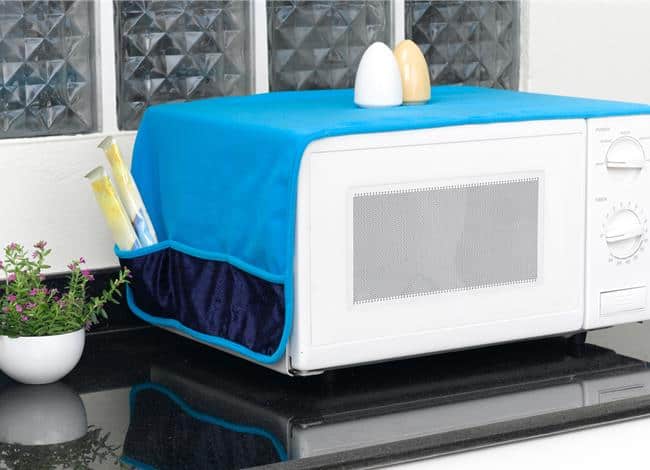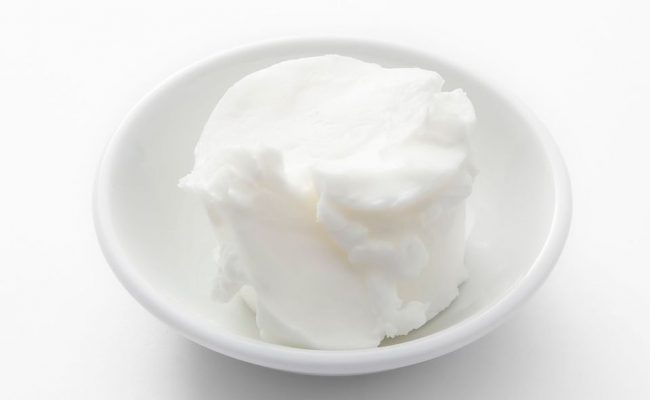
Whether its leftovers, a frozen meal, popcorn or a potato, microwaves are a quick way to heat food up. Being able to warm food up in a couple minutes with a microwave is a convenience many Americans are used to. While Harvard Health and the World Health Organization (WHO) claim using microwaves is a safe way to heat up food, some people are still wary of using them.
In fact, compared to some other cooking methods, microwaving could increase the nutritional value for some foods because it shortens the cooking time. If the microwave doesn’t seal properly, that can affect the safety level.
Also, microwaving food with plastics is not recommended.
Another consideration for eating microwaved foods every day is what foods are you heating up? Are you eating mostly microwavable, quick meals or are you using it for unprocessed foods?
Foods like frozen pizzas, dinners, hot pockets, pizza rolls, etc. are best eaten minimally not every day.
How the microwave cooks food
Microwaves cook food with waves of energy invisible to the naked eye. It is similar to radio waves. Microwave energy primarily affects water molecules and molecules similar in makeup to water. Waves from the microwave vibrate the water molecules creating heat (1).
Are microwaves safe to use every day?
According to WHO (2), microwaves are safe to use if you follow safety precautions and use it according to how it is supposed to be used.
A concern with microwaves is if they can leak the waves into surrounding areas. Microwave energy waves are only released when activated, like when a light bulb is switched on. If a microwave is damaged or does not seal properly, there could be a risk for leakage of waves from the microwave.
Therefore, you should check and make sure the microwave is able to close and seal properly.
There is a small potential for thermal damage from waves used in a microwave, but it is not likely to come from general use from microwaves. Sensitive tissues like around the eye and testes could potentially have damage from long exposure to microwave energy waves.
However, this would have to be for a long duration and at a high temperature, more than what is used for microwaves.
Microwaved foods are not radioactive and do not give off waves of energy when they come out of the microwave. Once a microwave is turned off, it is off like a light bulb.
What microwaved food are you having every day?
If you are using the microwave every day, take a closer look at your food choices. Are you heating up vegetables to cook quickly? Or are you eating a lot of frozen, processed foods?
In general, frozen meals, pizzas and other quick snacks can be high in calories, refined carbohydrates, fat, sodium, preservatives and contain little else nutritional benefit.
If you are using the microwave to heat these types of food up, swap out some fresher alternatives.
Limits nutrient loss
The WHO suggests using a microwave could be beneficial for keeping nutrients in foods, compared to other cooking methods. Some nutrients, like B vitamins and vitamin C, are sensitive to heat and cooking liquids.
Using a microwave over other cooking methods like a stove or oven shorten cooking time and can help limit nutrient loss.
Harder for quality control
Microwaving larger pieces of food can be tricky because it could take longer to penetrate larger pieces of food and can cook the food unevenly. Also, the quality of cooked food from a microwave compared to other cooking methods can vary greatly.
If you are looking for certain qualities while cooking, using other methods can give you more control of a desired outcome.
Because of uneven cooking, microwaving large pieces of meat is usually not recommended. Certain parts of the meat could be under cooked and increase risk for food borne illness.
Potential risks of microwaved food
If you are using an old microwave or one that does not close properly, it could impact the safety of a microwave. Using a microwave that meets international standards for safety is always recommended, and if a microwave is old or not working right, get it fixed or get a new one.
Microwaving food in plastic is NOT recommended. Plastics contain compounds, like BPA, that can leach into food when cooked at high temperatures.
Therefore, you should not ever use plastic wrap or plastic Tupperware when heating foods in a microwave.
Other cooking methods
If you are unsure if a microwave is working properly or if you are still hesitant in general of using them, you can simply use other cooking methods.
Keep in mind for some nutrients limiting cooking time can increase vitamin content in foods. Also, try to steam things like vegetables instead of boiling them to increase nutritional value.
Conclusion
The use of microwaves has some people question their safety. However, organizations such as the WHO and Harvard Health suggest using microwaves is a safe way to heat up food as long as the microwave is able to close properly and is sealed.
Using plastic to heat food up is not recommended because compounds in the plastic can leach into food which could be carcinogenic. Therefore, another precaution for using a microwave, especially every day, is heating food up without plastics.
Another consideration for using a microwave every day is what foods you are using it to heat up. Ready to eat, processed foods are usually high in calories, sodium, fat, preservatives and can be low in beneficial nutrition.
Using a microwave will usually shorten the cooking time, which could actually help keep some nutrients in food. Using a microwave to cook larger pieces of food is not recommended because it can cook foods unevenly.
The quality of food may also be changed if you use a microwave, as it can be easy to over cook food.











Keitht johnson says
I want to lose my belly but can’t i don’t no why because i eat alot and thats my problem and how can i change my habits i dont know.